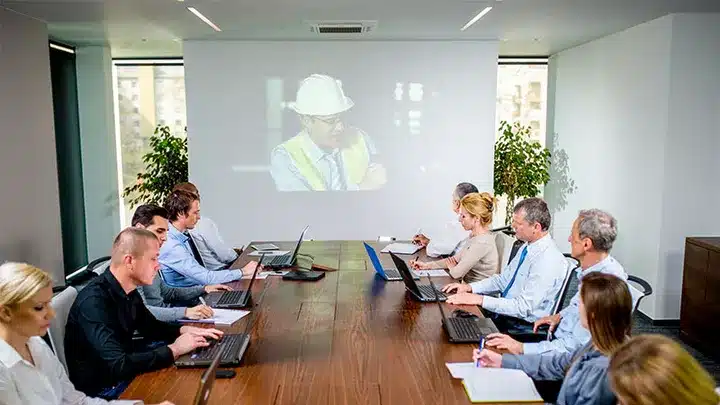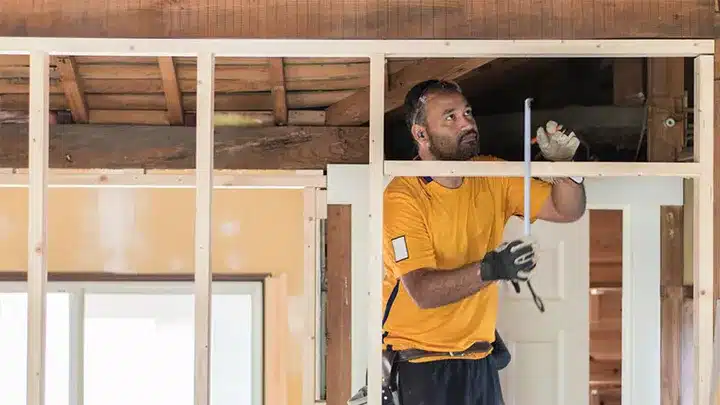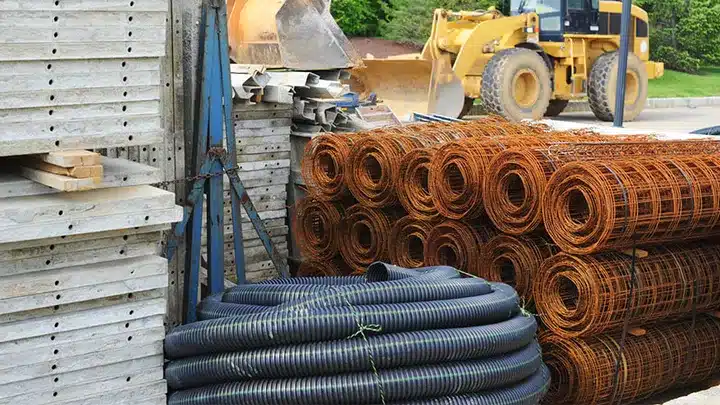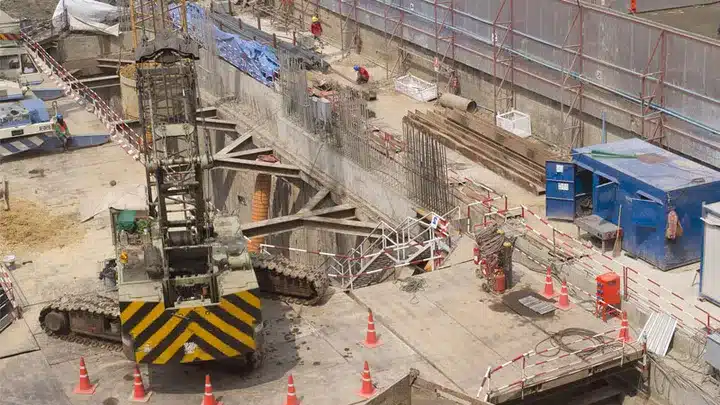The task of seeing a project to completion is expected with tenacity, innovation and a willingness to challenge the status quo.
One of the biggest challenges in construction project management is to maintain, which increases in difficulty as the cost of materials, labour and transportation continue to rise.
Project managers are set the daunting task of facing these challenges head-on, but they’re not impossible to overcome.
However, with a strategic approach and an openness to innovation, Australian builders and developers can continue to deliver high-quality projects to the market, while returning a profit on investment should they address four main challenges.





